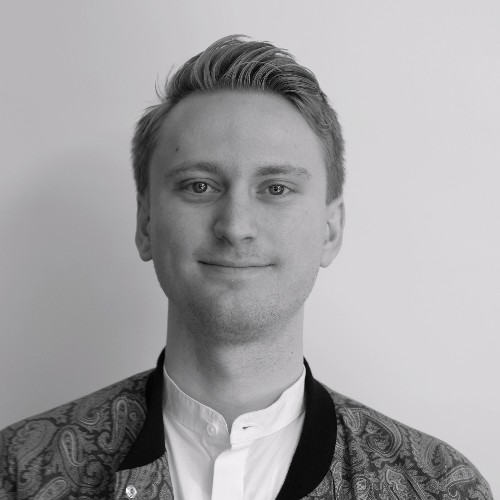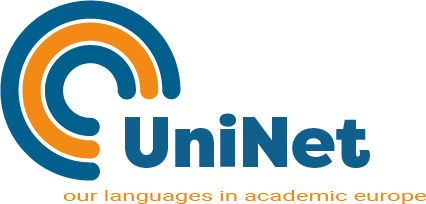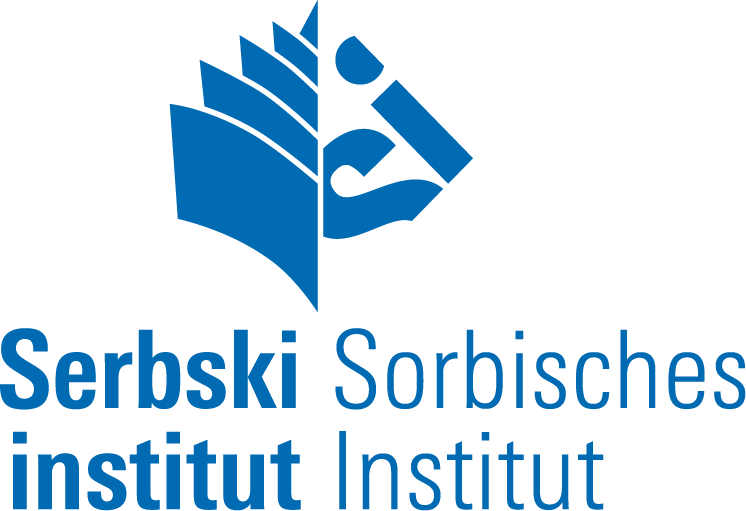Web
https://www.serbski-institut.de
About the institution
The Serbski institut / Sorbian Institute is an interdisciplinary research facility based in Bautzen / Budyšin, with a branch office in Cottbus / Chóśebuz. The current facility was founded in 1992, but the history of the Sorbian Institute dates back to 1951, when the Institute for Sorbian Ethnography / Institut za serbski ludospyt was established. Between 1952 and 1991 the Institute was associated with the German Academy of Sciences (Academy of Sciences of the German Democratic Republic) in Berlin.
The Sorbian Institute conducts interdisciplinary research on the language, history, and culture of the Sorbian national minority in Lusatia, Germany. The research is carried out mainly in a comparative and multidisciplinary perspective with a focus on further language and national minorities primarily in Europe, but also in the rest of the world.
The Institute’s interdisciplinary research focuses on the current linguistic situation of Sorbian (Upper Sorbian and Lower Sorbian) and further European minority languages, the cause and effect of language shifts as well as language revitalisation strategies. In this regard, comparisons with other small languages and cultures in Europe lie at the core of the Institute’s investigations. Other fields of work include the intensive research on lexicography and lexicology of Sorbian languages; the collection, processing and provision of language data; certification of language competences, translations, development of translation programs or the conduction of sociolinguistic studies.
The dual focus on sociolinguistic research (theoretical and empirical) and its practical support and guidance for Sorbian language revitalisation in Upper and Lower Lusatia is unique in the German academic landscape. This dual focus expresses the institute’s understanding of its contemporary role as based on dialogue between researchers and civil society.
The Sorbian Institute is closely connected to Sorbian community organizations. A close partner of the Sorbian Institute with regard to international networking and relationships with cultural and political organizations is the Domowina, an umbrella organization for Sorbian associations and institutions in Lusatia. Beside our close ties to the Domowina and further organizations within the Sorbian institutional network, we also have close connections with municipalities and counties of the region, as well as with the regional governments of Saxony and Brandenburg. Furthermore, the Institute has longstanding collaborations with research organizations (e.g. ECMI in Northern Germany, EURAC in Italy, CRÉQC in Canada) and universities abroad.
Contact person(s) in the project

Felix Rietschel (Feliks Ričel)
felix.rietschel@serbski-institut.de
Project Manager and Research Associate

